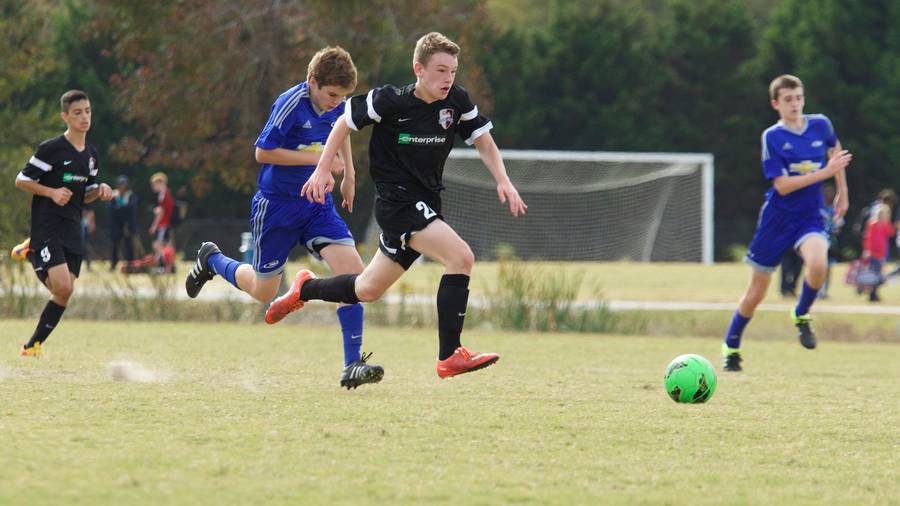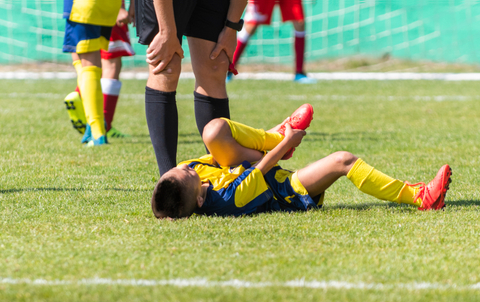Building a strong group culture is crucial for the success of any football team. A positive and cohesive environment fosters unity and motivation, helping players perform at their best. Coaches and managers play a vital role in creating and maintaining this culture. This blog post will provide helpful guidance on creating a group atmosphere that encourages commitment and cohesiveness.
The Importance of the Human Element
Players are more than just athletes; they are individuals with their own interests and hobbies. Recognising and appreciating this human element is key to building a strong collective culture. For instance, some players might enjoy online plays like the Super Sic Bo game; Showing interest in their hobbies and asking about them can help players feel valued and understood, fostering a sense of investment in their personal lives, as well as their athletic performance.
Key Components of a Strong Team Culture
A strong group culture is built on several essential components. These elements create a foundation that supports and enhances the team's unity and motivation.
Clear Vision and Goals
Having a clear vision and set of goals is essential. This provides direction and purpose, helping everyone understand what they are working toward. Coaches should communicate these goals clearly and ensure that every team member understands and commits to them.
Vision and Goals Framework
|
Component |
Description |
|
Vision |
A long-term aspiration that guides the team's direction |
|
Short-Term Goals |
Specific, measurable objectives that contribute to achieving the vision |
|
Long-Term Goals |
Broad outcomes to be achieved over a longer period |
|
Individual Objectives |
Personal targets that align with the team's overall goals |
Open Communication
Open and honest communication is the cornerstone of any successful team. Encourage players to voice their opinions, concerns, and ideas. This not only helps in addressing issues promptly but also makes players feel valued and respected.
Respect and Inclusion
Fostering an environment of respect and inclusion is critical. Each player should feel accepted and valued regardless of their background, skill level, or position. Promoting diversity and ensuring that every team member has a voice can strengthen crew cohesion.
Accountability
Holding players accountable for their actions is vital for maintaining discipline and focus. Establish clear expectations and standards, and ensure that everyone understands their responsibilities. Accountability should be balanced with support, providing guidance, and encouragement when needed.
Practical Tips for Coaches and Managers
Building a strong collective culture requires deliberate effort and strategic planning. Here are some practical tips to help coaches and managers foster a positive and cohesive crew environment.
1. Lead by Example
As a coach or manager, your behaviour sets the tone for the team. Demonstrate the values and attitudes you want to see in your players. Show respect, dedication, and a positive attitude in all your interactions. Consistently display professionalism, both on and off the field. Your actions speak louder than words, so ensure that your conduct aligns with the expectations you set for your team.
2. Encourage Team-Building Activities
Organise activities that promote team bonding outside of regular training sessions. This could include collective outings, social events, or collaborative exercises. These activities help players build stronger relationships and trust with one another.
3. Recognise and Celebrate Achievements
Acknowledging and celebrating individual and team accomplishments is important for morale. Whether it’s a player reaching a personal milestone or the crew winning a match, recognising these achievements reinforces a positive collective culture. Create a system for regularly highlighting and rewarding both big and small victories. This could include a "Player of the Month" award or a team celebration after reaching specific goals.
4. Provide Constructive Feedback
Regular feedback is essential for growth and improvement. Focus on providing constructive feedback that highlights strengths and areas for development. Make sure feedback is specific, actionable, and delivered in a supportive manner. Encourage players to provide feedback to each other as well, fostering a culture of mutual support and growth.
5. Foster a Growth Mindset
Encourage players to adopt a growth mindset, where challenges are viewed as opportunities for learning and development. Promote resilience and perseverance, emphasising that effort and determination can lead to improvement and success. Share stories of successful athletes who overcame obstacles through hard work and dedication.
6. Promote Work-Life Balance
Understand that players have commitments outside of football. Encourage a healthy work-life balance, ensuring that training schedules allow for personal time and rest. This helps prevent burnout and keeps players motivated and engaged.
Final Thoughts
Coaches and players must be dedicated to the ongoing process of developing a good team culture. Coaches may build a pleasant and cohesive workplace by emphasizing the human element, creating clear goals, encouraging open communication, and promoting respect and inclusiveness. In addition to enhancing on-field performance, a strong team culture promotes the personal development and happiness of each player.



















